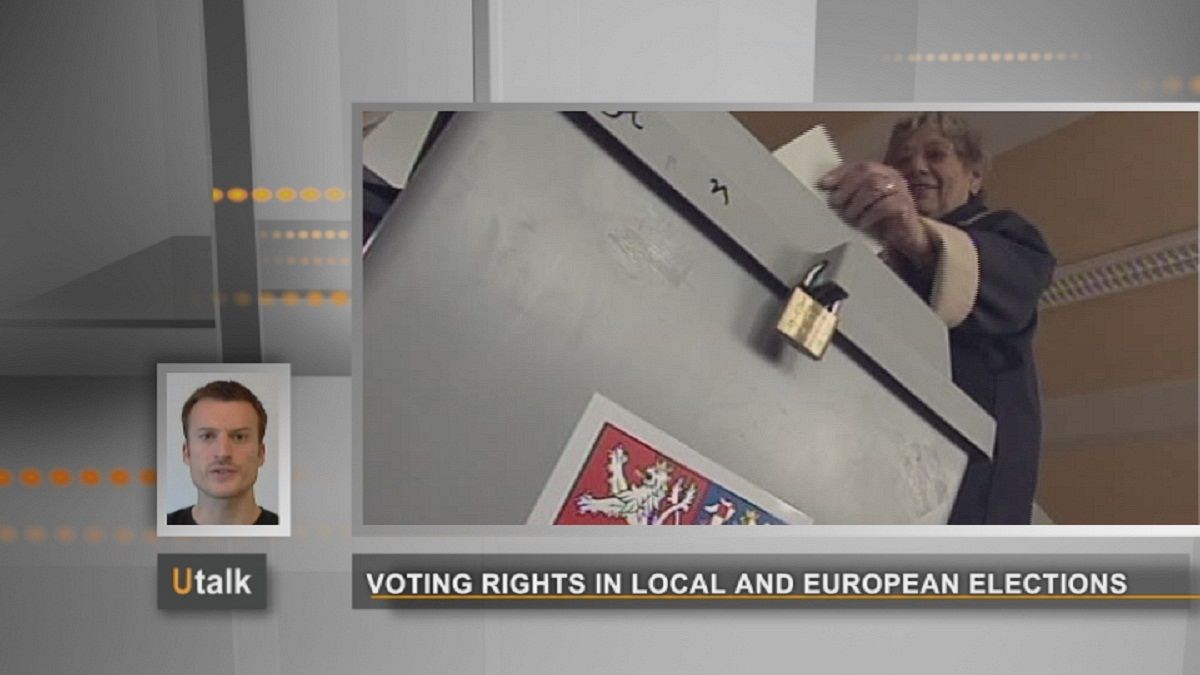In this edition of U-talk we have a question from Ivan in Prague:
“I am Slovak, but currently I live and work in the Czech Republic. I would like to vote in the local elections in Prague. Do I have the right to do so?”
The answer comes from Frederik François, Communication Officer at Europe Direct:
“If you live in another EU country or in Iceland, Liechtenstein and Norway, you have the right to vote and to stand as a candidate in municipal and European elections held in that country. The conditions are the same for you as for nationals.
“To vote in the elections, first of all, you need to apply to register on the electoral roll in the country. You will be asked to supply information such as your nationality and address. For European elections, you will also have to declare that you will only vote once at the same elections.
“If you are on the electoral roll of a country where voting in local and European elections is compulsory, you will be obliged to vote.
“If you wish to stand as a candidate in municipal elections you may be required to make a declaration saying that you are not disqualified from standing as a candidate. You may be asked to support this declaration with an attestation issued in your home country.
“When standing in European elections, your application must be supported by an attestation from your home country which certifies that you are not disqualified from standing.“
For more information about the EU, call 00 800 6 7 8 9 10 11 or check out the website: europa.eu/youreurope
If you would also like to ask a question on U-talk, use the participate button.


